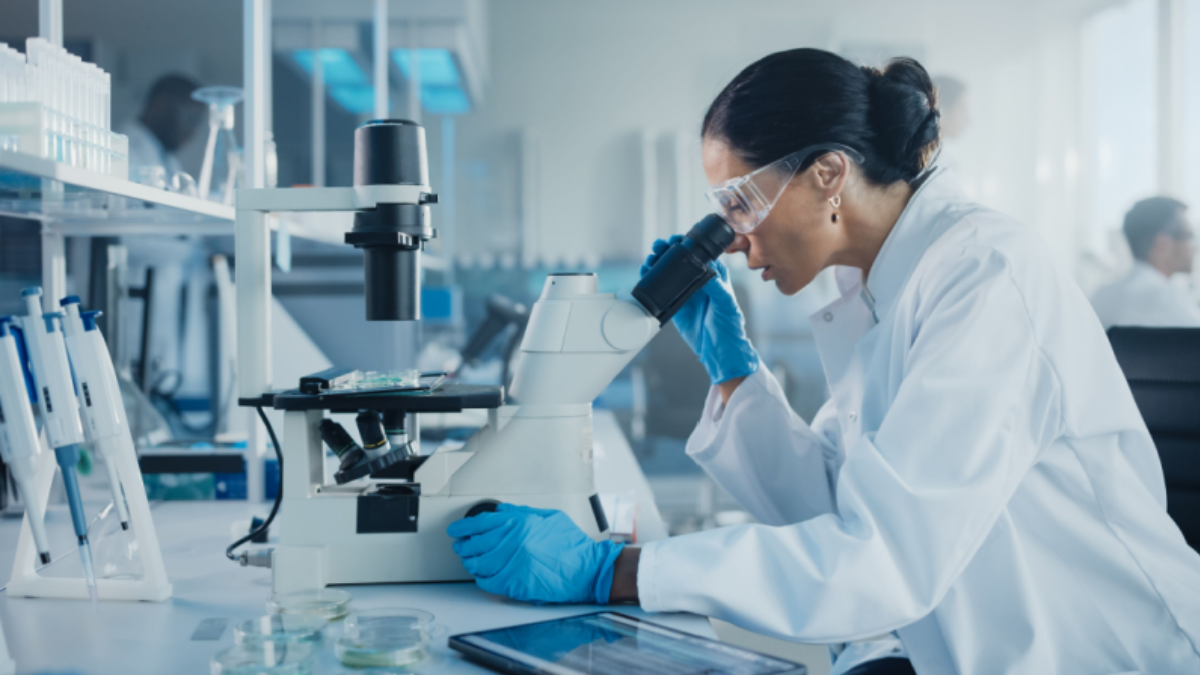Hospital laboratories are essential units that provide accurate diagnostic testing to support patient care. They analyze blood, urine, tissue samples, and other bodily fluids to help doctors diagnose, monitor, and treat diseases. Modern laboratories use advanced technology and highly trained staff to ensure precise results, which play a vital role in improving patient outcomes.
Importance of Hospital Laboratory Services
- Accurate Diagnosis: Helps doctors identify the root cause of illnesses.
- Treatment Monitoring: Tracks the effectiveness of medications and therapies.
- Early Detection: Identifies diseases like cancer, diabetes, and infections in early stages.
- Preventive Care: Laboratory tests can detect risk factors before symptoms appear.
- Supports Research: Lab data contributes to medical studies and healthcare improvements.
Types of Laboratory Services in Hospitals
1. Clinical Chemistry
- Tests blood and body fluids for sugar, cholesterol, electrolytes, and enzymes.
- Helps in diagnosing diabetes, liver disorders, and kidney issues.
2. Hematology
- Studies blood components like red and white cells, platelets, and hemoglobin.
- Detects anemia, leukemia, clotting disorders, and infections.
3. Microbiology
- Detects bacteria, viruses, fungi, and parasites causing infections.
- Performs cultures, antibiotic sensitivity tests, and infection control.
4. Pathology
- Examines tissue samples and biopsies to detect cancer and other diseases.
- Assists in surgical diagnosis and treatment planning.
5. Immunology
- Evaluates immune system responses and autoimmune disorders.
- Includes allergy testing and antibody detection.
6. Molecular Diagnostics
- Uses DNA and RNA analysis for genetic disorders, infectious diseases, and personalized medicine.
Role of Laboratory Staff
- Pathologists: Interpret test results and provide expert opinions.
- Medical Technologists: Perform tests and maintain lab equipment.
- Lab Assistants: Prepare samples and assist with documentation.
- Quality Control Staff: Ensure accuracy and reliability of test results.
- Lab Administrators: Manage operations, inventory, and compliance with standards.
Technology in Hospital Laboratories
- Automated Analyzers: Reduce manual errors and speed up testing.
- Digital Reporting Systems: Provide quick access to results for doctors and patients.
- Robotic Sample Handling: Improves efficiency and safety.
- AI and Machine Learning: Assist in interpreting complex test results.
- Telepathology: Allows remote consultation with specialists worldwide.
Challenges in Hospital Laboratory Services
- High patient volume leading to delays in testing.
- Shortage of skilled staff in some hospitals.
- Equipment maintenance and calibration issues.
- Handling infectious and hazardous samples safely.
- Cost constraints for advanced diagnostic technology.
Future of Hospital Laboratory Services
- Personalized Medicine: Tailoring treatments based on genetic testing.
- Point-of-Care Testing: Quick tests at patient bedside or remote locations.
- Integration with AI: Faster and more accurate diagnosis.
- Advanced Molecular Testing: Early detection of complex diseases.
- Global Lab Networks: Sharing data and expertise across hospitals for better healthcare.
FAQs on Hospital Laboratory Services
1. Why are hospital laboratory services important?
They provide accurate diagnosis, monitor treatments, and detect diseases early.
2. What types of tests are done in hospital laboratories?
Blood tests, urine tests, tissue biopsies, cultures, genetic tests, and more.
3. Who works in hospital laboratories?
Pathologists, medical technologists, lab assistants, quality control staff, and administrators.
4. How do laboratories ensure accuracy?
Through quality control measures, calibration of equipment, and skilled staff.
5. Can lab results be accessed digitally?
Yes, most modern hospitals provide digital reporting systems for quick access.
6. How does technology help hospital labs?
Automation, robotics, AI, and digital systems improve speed and accuracy.
7. What is molecular diagnostics?
Testing DNA and RNA to detect genetic disorders, infections, and guide personalized treatments.
8. Are hospital labs safe for staff?
Yes, with proper PPE, biosafety protocols, and training.
9. Can laboratories perform emergency tests?
Yes, ER labs provide rapid testing for critical patients.
10. What is the future of hospital laboratory services?
Personalized medicine, AI-assisted diagnostics, point-of-care testing, and global lab collaboration.

